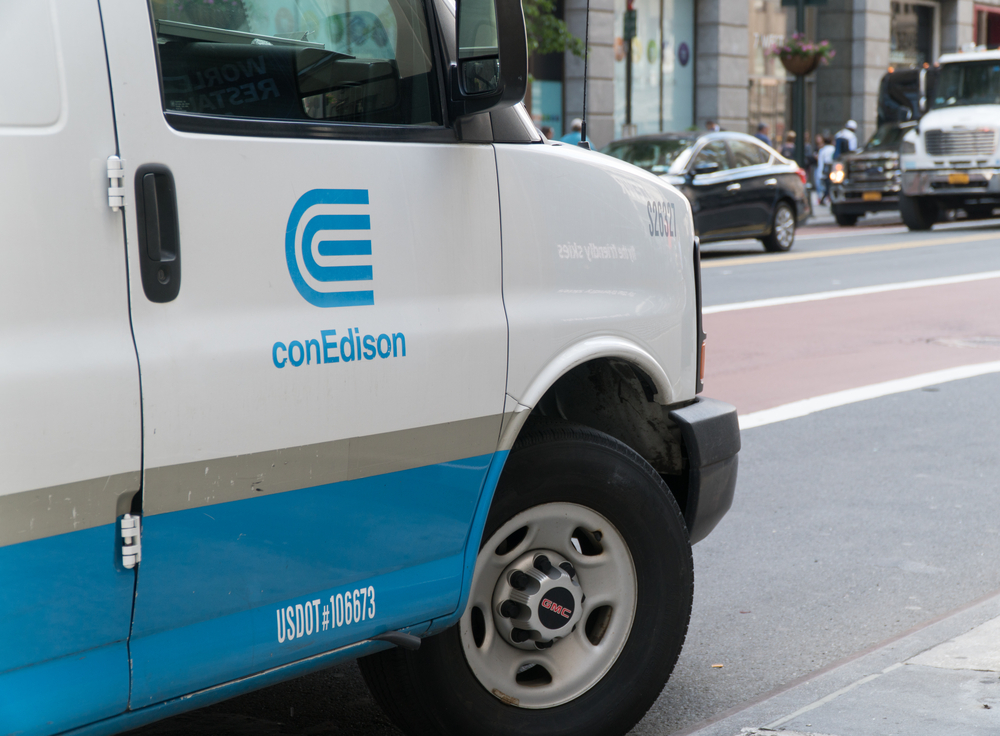
New York-based Consolidated Edison, Inc. (ED), founded in 1823, is a leading provider of regulated electric, gas, and steam services in New York City and Westchester County. Serving millions of electricity customers and over a million gas customers, along with providing steam services in parts of Manhattan, Consolidated Edison invests in transmission projects to enhance energy delivery. With a market cap of $30.9 billion, the company's operations extend to southeastern New York and northern New Jersey, delivering energy solutions to industrial, commercial, residential, and government sectors.
Companies worth $10 billion or more are generally described as “large-cap stocks,” Consolidated Edison fits right into that category, with its market cap exceeding this threshold, reflecting its substantial size, influence, and dominance in the utility sector. With its 200-year-old reputation for providing such services, Consolidated Edison has established a strong foothold in the industry.
Despite its strengths, ED stock slipped 9.6% from the 52-week high of $98.85, set on July 26, 2023. Shares of Consolidated Edison inched up just 1% over the past three months, slightly outperforming the Dow Jones Industrials Average’s ($DOWI) marginal dip during the same time frame.
In the longer term, ED stock has not quite kept pace. It dipped 1.7% on a YTD basis and 1.5% over the past 52 weeks, substantially underperforming the DOWI’s 3.8% returns in 2024 and 16% gains over the past 52 weeks.
Consolidated Edison has been riding the bearish wave, consistently trading below its 200-day moving average with minor ups and downs. Since early June, it has also stayed under its 50-day moving average, signaling a prolonged downward trend.
Consolidated Edison faced a turbulent period marked by several pivotal challenges that impacted its stock performance. Transitioning toward a low-carbon future, the company invested heavily in initiatives like the Reliable Clean City transmission line and the Brooklyn Clean Energy Hub. However, these efforts were overshadowed by a significant data breach that exposed sensitive information of approximately 500,000 customers and contractors, underscoring vulnerabilities in its cybersecurity framework. Moreover, maintaining an aging infrastructure posed ongoing difficulties amidst substantial capital investments. The shift away from fossil fuels towards renewable energy sources further challenged Consolidated Edison's traditional business model.
Despite these hurdles, ED stock saw a notable uptick, continuing the rally in the subsequent trading sessions, following the release of its Q1 earnings on May 2. While revenue fell short of expectations at $4.3 billion, adjusted EPS of $2.15 marked a robust 17.5% annual increase, surpassing Wall Street forecasts by 13.8%.
Meanwhile, Consolidated Edison’s competitor, The Southern Company (SO), has been on a winning streak. In 2024 alone, SO stock surged by 11.2%, showing strong performance with an impressive 8.7% return over the past 52 weeks.
Analysts are playing it safe on ED's outlook. The stock has a consensus “Hold” rating, with 16 analysts covering it. The average price target of $90.20 hints at a slight upside from its current price levels.
On the date of publication, Sristi Jayaswal did not have (either directly or indirectly) positions in any of the securities mentioned in this article. All information and data in this article is solely for informational purposes. For more information please view the Barchart Disclosure Policy here.






